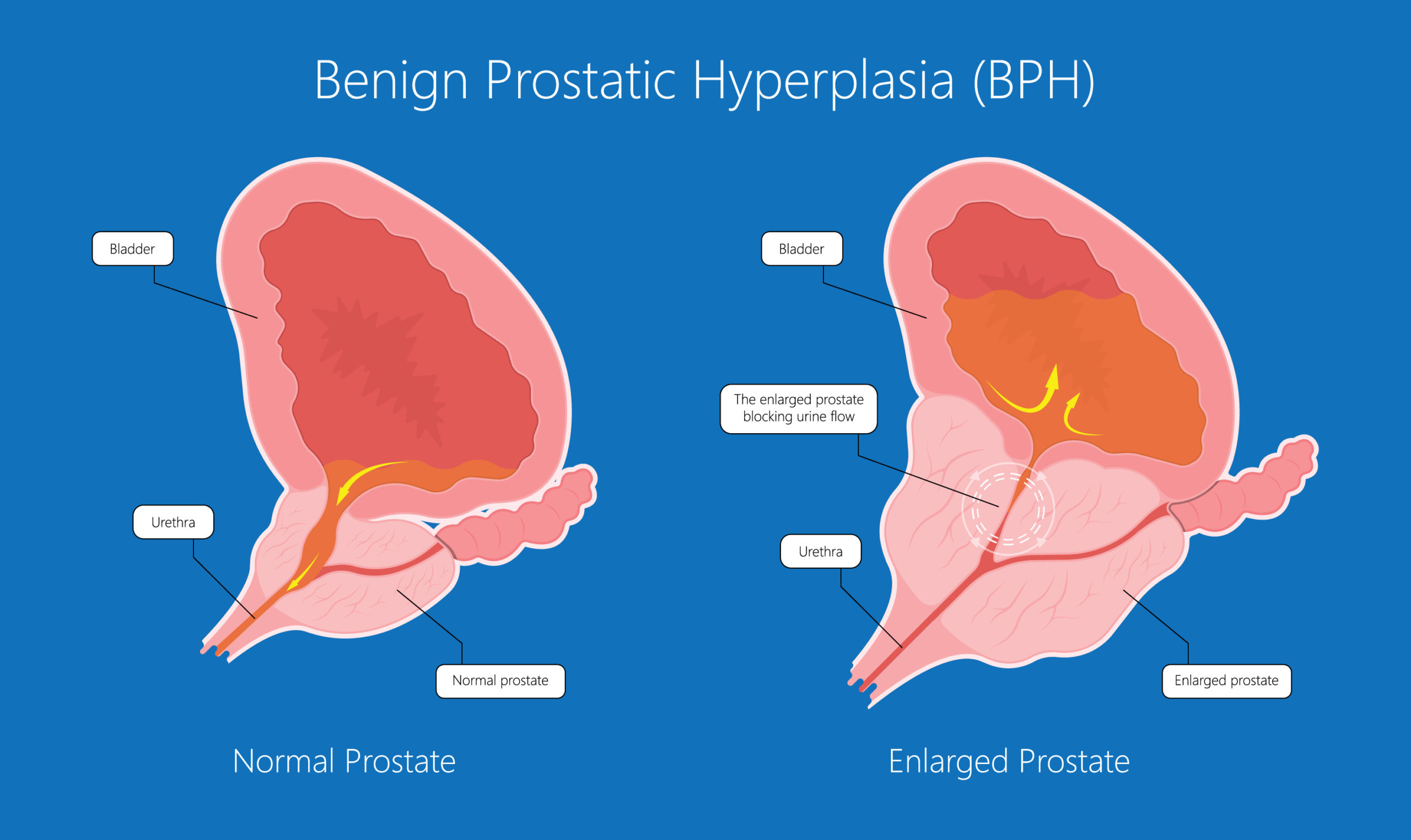
Researchers reduce the severity of hereditary deafness in mice with CRISPR
January 3rd, 2018Research has shown that the CRISPR genome editing method can slow down progressive deafness – trialled in mice, this advance could lead to treatments for those who may suffer hearing loss with certain inherited deafness.
How does CRISPR work?
CRISPR mediated gene editing works by looking to switch off mutated copies of genes in the body that cause problems such as deafness, leaving only the healthy copy (our bodies contain two copies of almost every gene in our genetic make up).
A sensory biologist at Oregon health and Science University, Peter Barr-Gillespie states, “It’s a pretty significant piece of work, it shows that CRISPR- mediated gene editing can lead to real amelioration of hearing loss in vivo”
The mouse model has the same point mutation in the mouse version of Tmc1 that in the human gene leads to gradual hearing loss, commonly around childhood. The mice begin to lose some of their hearing at around three weeks and are completely deaf by eight weeks due to the death of the hair cells.
David Liu a Harvard chemical biologist and his colleagues designed a guide RNA that targets the disease-causing duplicate of the gene, which is autosomal-dominant, to allow the health allele to function.
This type of deafness is extremely rare – it is caused by a dominant mutation of Tmc1. Only a few sufferers have been identified. The same approach may work for other dominant forms of inherited deafness.
References
Journal Reference: Nature, DOI: 10.1038/nature25164 : https://www.nature.com/articles/nature25164








